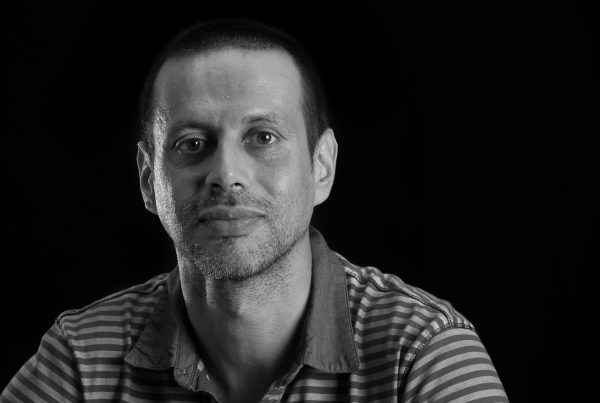After obtaining a PhD for work on Drosophila DNA binding proteins (CID-CSIC, Barcelona), he gave a strong turn to his career to apply his molecular biology skills to study malaria parasites. He worked for four years as Head of the Molecular Parasitology lab at the Papua New Guinea IMR, where his research mainly focused on basic malaria parasite biology, but also on epidemiological aspects of the disease. Back to Europe, he worked for over two years at the MRC-NIMR (London) on epigenetic regulation of gene expression and invasion of erythrocytes by malaria parasites. In 2006 he moved to IRB Barcelona with an ICREA jr contract. In 2011 he joined CRESIB-ISGlobal, and in 2012 he was appointed ICREA Research Professor. His current research focuses on epigenetic regulation of gene expression in malaria parasites, which plays a key role in their adaptation to changes in the environment and in the control of sexual conversion, among other host-parasite interactions.
